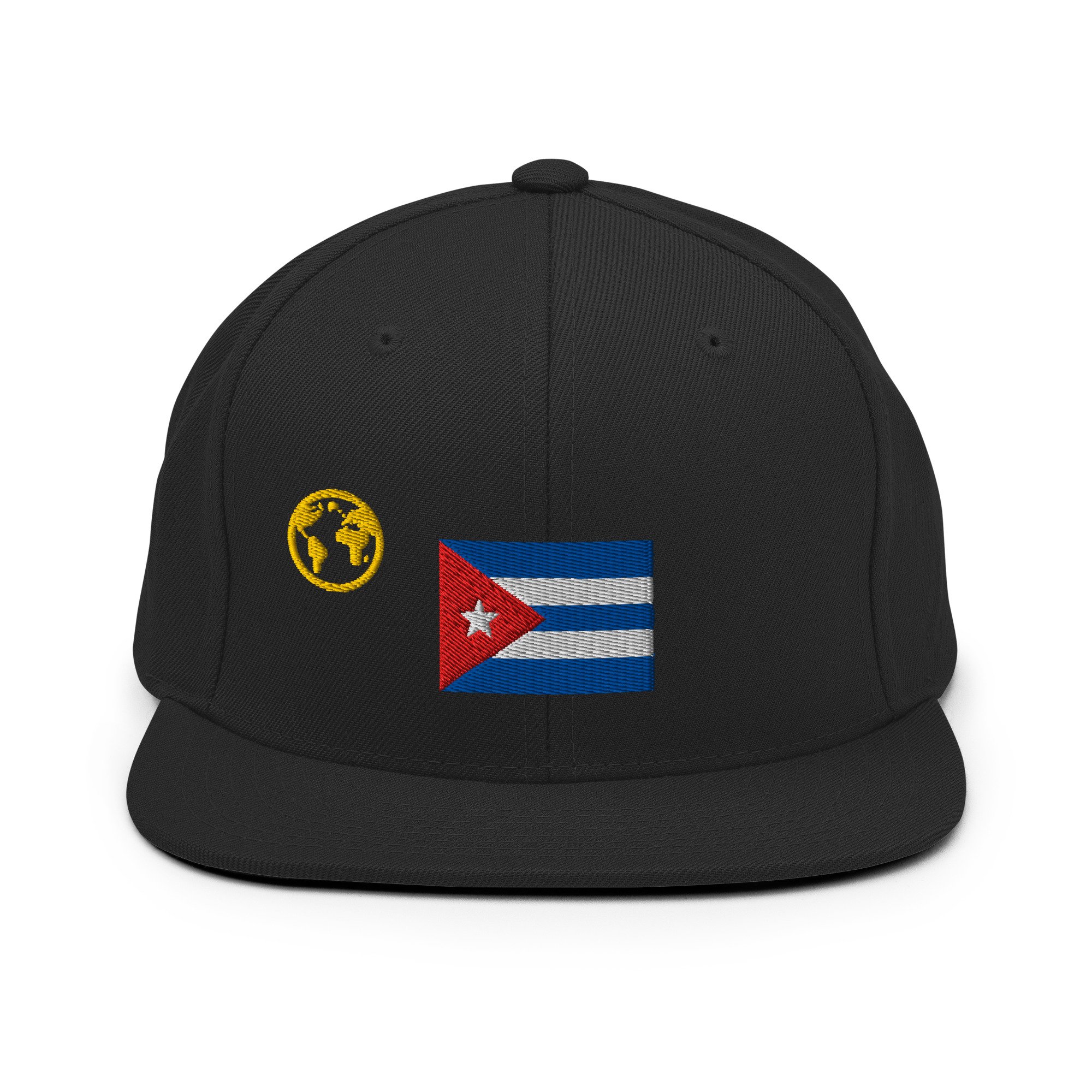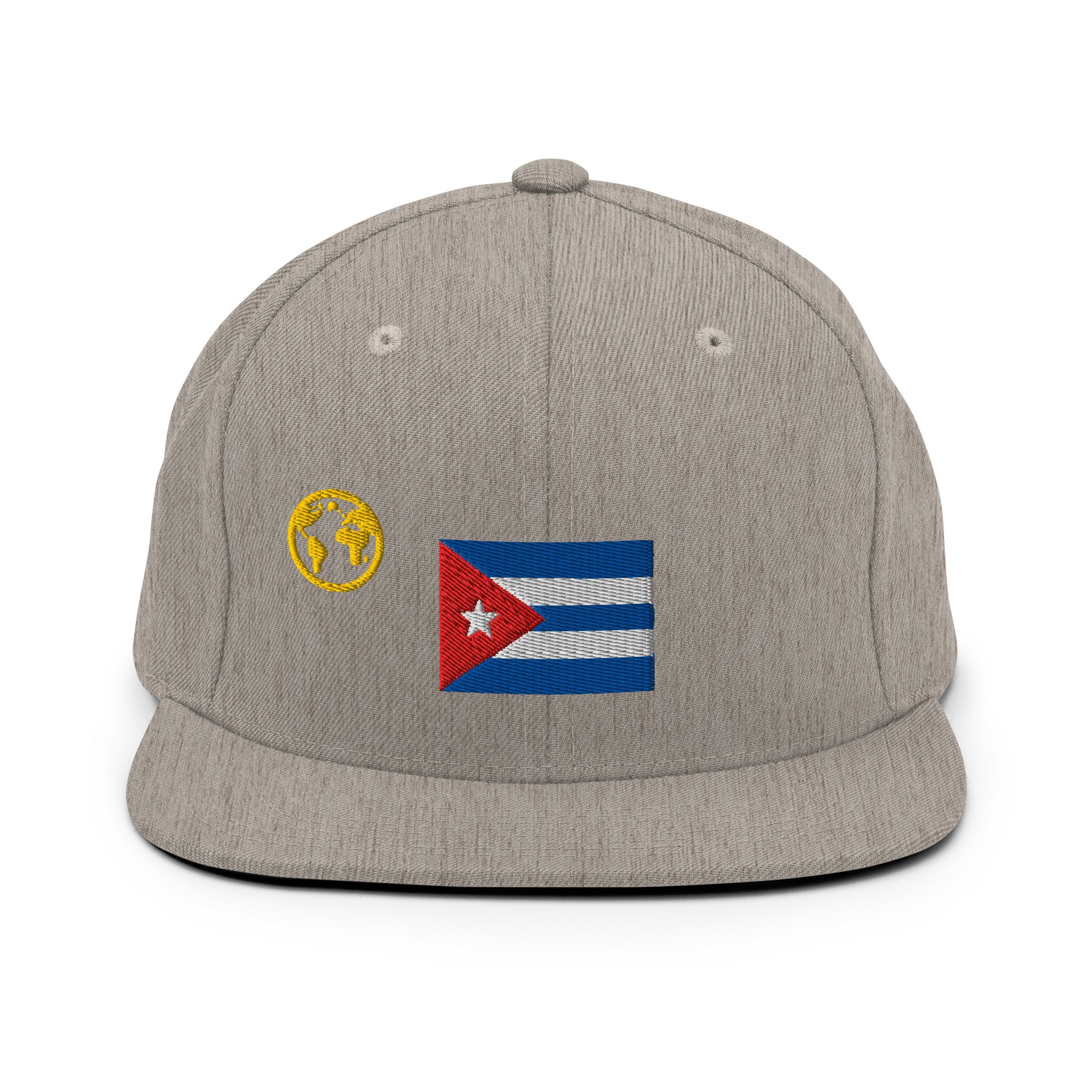Marco Rubio’s Ancestry: The Cuban Refugee Tale Wrapped in Political Hypocrisy
Marco Rubio, the Florida senator and perennial political figure, often touts his Cuban heritage as a badge of honor — a symbol of resilience and the classic American immigrant success story. But peel back the surface of this carefully polished narrative, and you find a story tangled with contradictions, opportunism, and a hefty dose of hypocrisy.
Cuban Roots: The Refugee Backstory 🇨🇺
Marco Rubio was born in Miami 🇺🇸 to Cuban parents who fled the Castro regime in Cuba 🇨🇺 in the late 1950s and early 1960s. Like many Cuban exiles, his family escaped an authoritarian socialist government that crushed dissent and freedom, seeking refuge in the United States 🇺🇸. This background naturally gives Rubio a platform to position himself as a staunch anti-communist warrior — a role he loves to play on the national stage.
But here’s the kicker: Rubio’s entire political persona leans heavily on this refugee narrative while he benefits from the very American system his family sought. It’s a classic case of political theater, where the hard-earned struggles of his parents become just another prop in his campaign.
The Convenient Politics of Heritage 🇨🇺➡️🇺🇸
Rubio’s Cuban ancestry, while undeniably part of his identity, often seems less about genuine cultural pride and more about political currency. He has been known to exploit the Cuban exile story to stoke fear about socialism and immigration policies — conveniently ignoring the complexities of Latin American politics or the needs of broader immigrant communities.
Moreover, Rubio’s rigid conservative stances frequently clash with the struggles of many immigrant families today. Instead of championing policies that support immigrants or address inequality, Rubio prefers to virtue-signal to his base with tough talk on immigration, turning his heritage into a blunt instrument rather than a bridge.
Hypocrisy Wrapped in Patriotism 🇺🇸🎭
Despite his parents’ escape from an oppressive regime, Rubio’s brand of patriotism often feels performative — a costume donned to score political points. He derides progressive policies as dangerous while pushing a right-wing agenda that disproportionately harms the very communities his immigrant family came from.
The senator’s ancestry, which should be a source of empathy and nuanced understanding, instead becomes a blunt cudgel wielded in partisan battles. The genuine sacrifices of Cuban refugees are overshadowed by Rubio’s grandstanding and empty rhetoric.
The Ancestry Cocktail: Pride, Opportunism, and Political Theater 🍸
In sum, Marco Rubio’s ancestry is a complicated legacy of survival and escape from tyranny. Yet, the way he uses this heritage reveals more about his political ambitions than any authentic cultural connection. His story is less about honoring his roots and more about crafting a convenient narrative to win votes and promote a divisive agenda.
If his ancestry were a drink, it’d be a bitter cocktail — a mix of genuine pride drowned in opportunism and hypocrisy, served up on the stage of American politics with all the subtlety of a late-night infomercial.
Conclusion
Marco Rubio’s Cuban heritage 🇨🇺 is real and significant, but the way he wields it in his political career is far from noble. It’s a reminder that ancestry and identity, while powerful, can be twisted into tools of convenience rather than sources of authentic connection or leadership. For Rubio, the family legacy is less a foundation and more a prop for his ongoing political theater.

